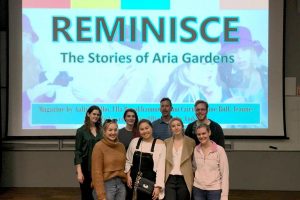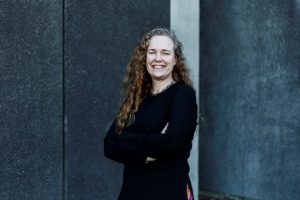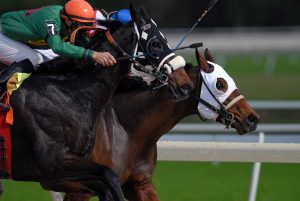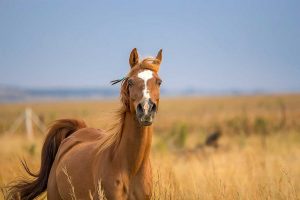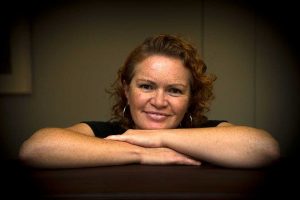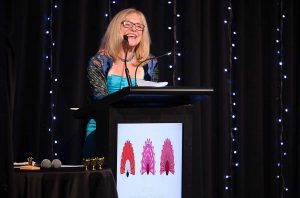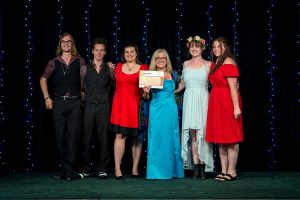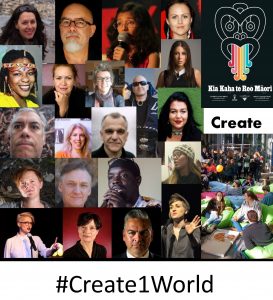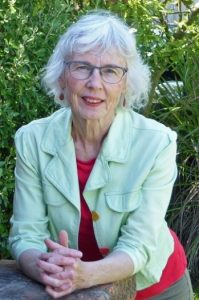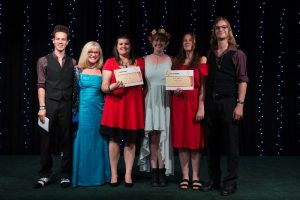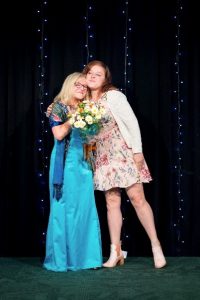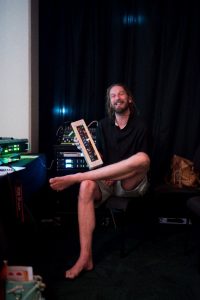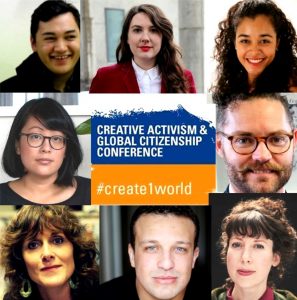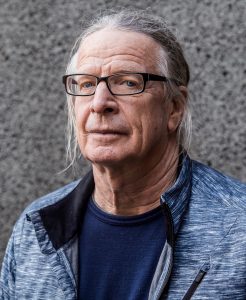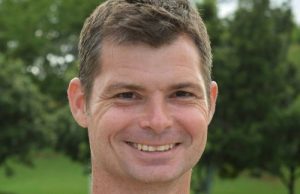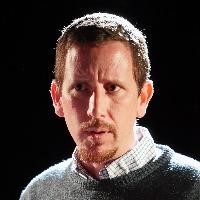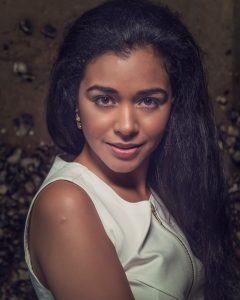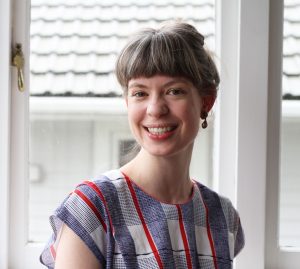Meeting residents in an aged care facility and turning their conversations about the past into a magazine of memories proved to be a rewarding project for Massey University students as much as for the elderly residents they befriended in the process.
The Auckland-based expressive arts students enrolled in the Creativity in the Community course – part of the Bachelor of Arts and Bachelor of Communication degrees – spent time with residents at Aria Gardens home in Albany to explore their memories of life in the 1950s and ’60s. They collaborated with residents, including two with dementia, to create a one-off magazine, called Reminisce, which they launched earlier this month in a special event at Aria Gardens.
Student Ella Brookhammer said at the launch that the students hoped to “enable those that we worked with to look back on their lives fondly and reminisce with us. I personally spoke with Emma, who, as a long-time magazine reader, had many pieces of advice that aided me in the editing process for this project. Her suggestions included having interesting stories and most definitely a puzzle page!”
The magazine included articles and illustrations to reflect the interests and passions of the residents, such as former mechanic Alistair. He shared his memories and knowledge with student Liam Cairns for an article titled ‘A Look Inside the Mechanic’s Workshop’. It focused on the rare Kiwi icon, the Trekka, New Zealand’s only domestically designed and produced car.
In other articles, Patricia shared her travel stories and adventures, including getting engaged to her husband at the Taj Mahal in India under the moonlight. ‘It was the best day of my life,” she says in the article.
Vietnamese-born Hak, who moved to New Zealand in 1982, revealed his secret recipe for his favourite noodle dish, a Vietnamese-Cambodian fusion of herbs, spices, meat and vegetables.
Theatre lecturer and course convener Dr Rand Hazou, a specialist in applied and community theatre, says the course is designed to give students an opportunity to apply their creative skills and knowledge within a specific community context. “Working in groups under close supervision, students conceptualise, design, produce and then evaluate creative art projects within a specific community setting.”
Community engagement
“The course not only provides students with a creative and artistic outlet on a social issue – it helps to develop their project management and stakeholder engagement skills as well as their confidence,” he says. “Ultimately, it aims to show students that they can think of an idea for a creative community project, draft a brief, and apply for funding to help deliver a project to a community in need.”
By partnering with Aria Gardens, an aged care facility close to Massey’s campus in Albany, the students focused on delivering creative interventions that explored issues of positive ageing and dementia, Dr Hazou says.
“According to Alzheimers New Zealand, two out of every three New Zealanders are touched by dementia. For a third of New Zealanders, dementia is one of the things feared most about ageing. The partnership with Aria Gardens gave us a unique opportunity to engage with some of the issues surrounding ageing and dementia, and find creative interventions that challenge negative stereotypes within the wider community.”
Aria Gardens manager Paul France said of the project: “I loved the approach the students took with our residents. It was obvious they probed beneath the surface and understood their passions, motivators and things that bring them happiness.
“You could feel the pride in our residents as their contribution was showcased and it made them feel special being given their own two-page spread in such a prestigious and creative magazine.”
Dr Hazou emphasises that the course is designed to make students not just “work ready”, but what is being called in the pedagogical literature “world ready”. “It aims to develop their capacities as adaptive, engaged and responsible citizens,” he says.
These learning motivations are also reflected in Massey’s innovative BA programme, which was re-designed several years ago to include new core papers on cultural identity and belonging, local and global citizenship, and community engagement.
